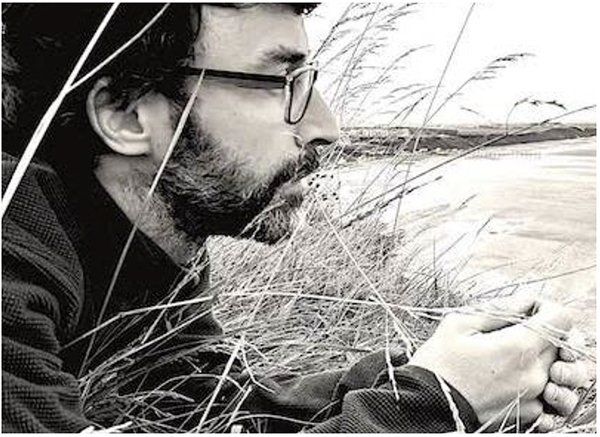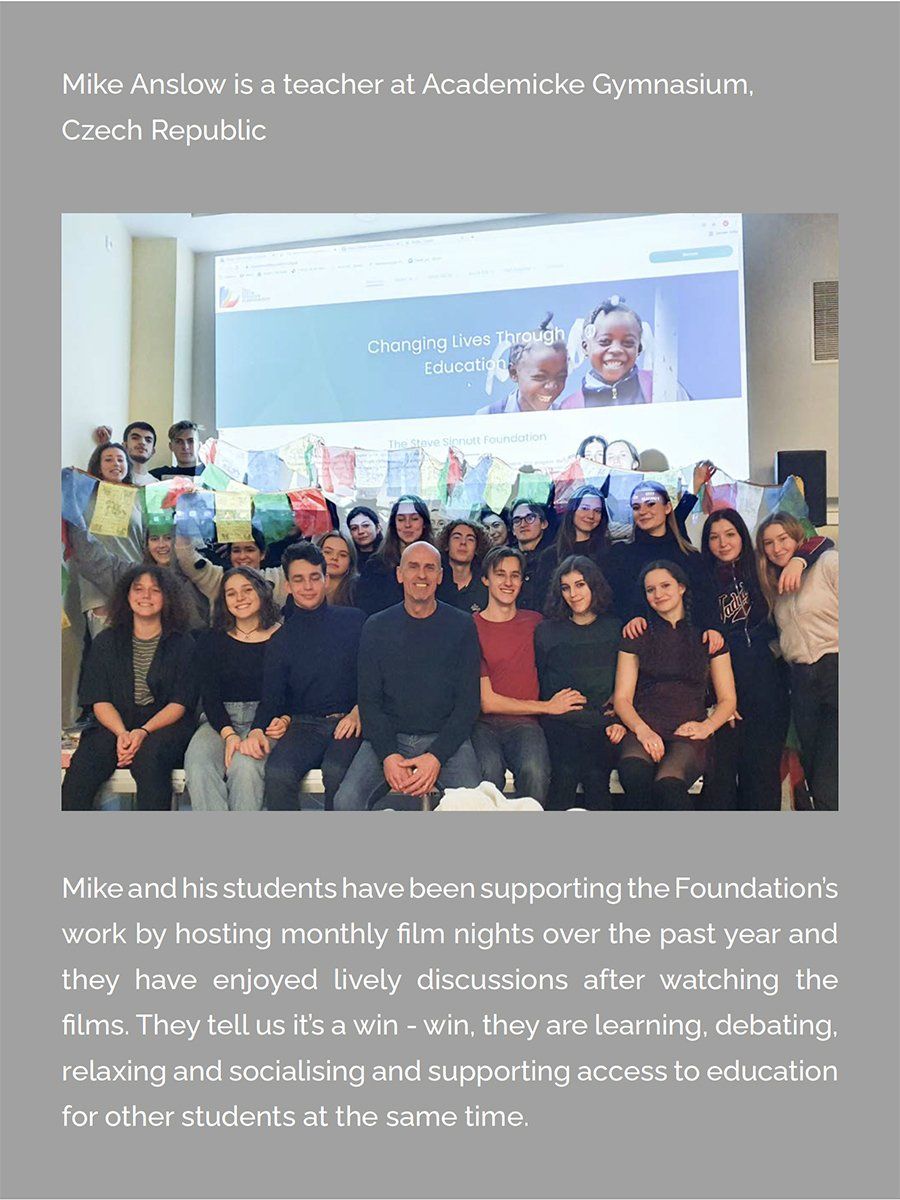Supporting the work of the Foundation
There are many ways in which you can support our work. Here some of our supporters tell us why and how they are supporting Education For All.

Alfonso Montellano López contributed to the Creating Change – The World I Want to Live In resource and supports the Foundation’s work.
I believe art is a compelling tool to reach the depths of human awareness and convey the transformational power behind an idea. Human rights and the rights of children are some of the most powerful ideas ever set forward by human society and they are always current and inspirational. The work of the Steve Sinnott Foundation facilitates the application of articles 28 and 29 of the United Nations Convention on the Rights of the Child (UNCRC) and taps into the creative potential of their collaborators.
I feel honoured to have been part of the Foundation’s Human Rights Competition and, as a children’s illustration artist, I have created a series of designs inspired by articles 28 and 29 of the UNCRC to support the Foundation’s efforts. The first design is inspired by article 28 about the right to education and shows a child playing the role of the teacher, ensuring the transmission of education through to future generations. The second design shows a child dancing with his eyes closed, perhaps to a tune only he can hear. This display of joy shows the child feeling fulfilled in himself, one of the main goals of education (article 29). The third design emphasises respect for others and for the environment as a fundamental goal of education and of paramount importance when building a modern society.
In these illustrations, I’ve shown children embodying the spirit of the UNCRC freely and with a joyful attitude as I believe freedom and joy are the fruits borne by the application of human rights and are best expressed through creativity.
I’ve produced some designs to support the work of the Foundation, I’ve got them all in this collection in my Threadless artist shop: https:// amel.threadless.com/collections/right-to-education.
The shop can be accessed from my website on https://www. alfonsoml.com/artist-shop. 100% of profits will go to the Foundation.

First published in Engage 24.




